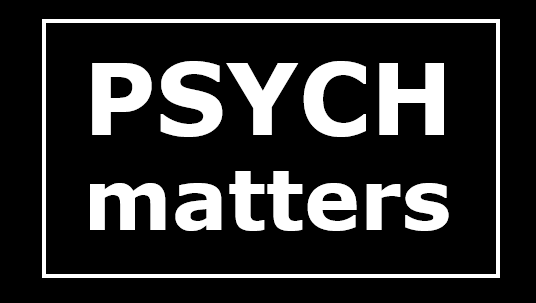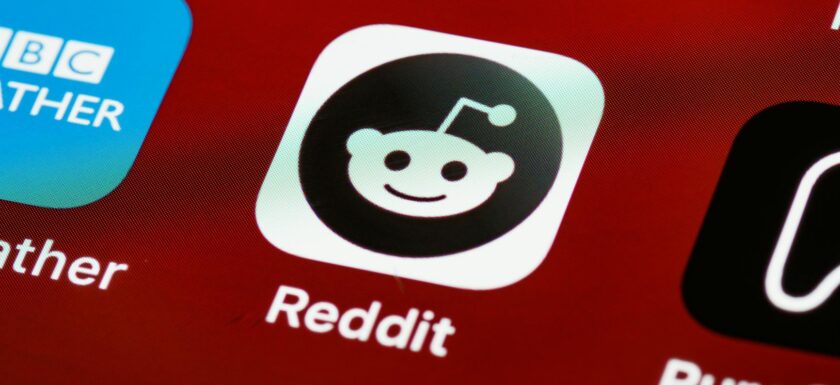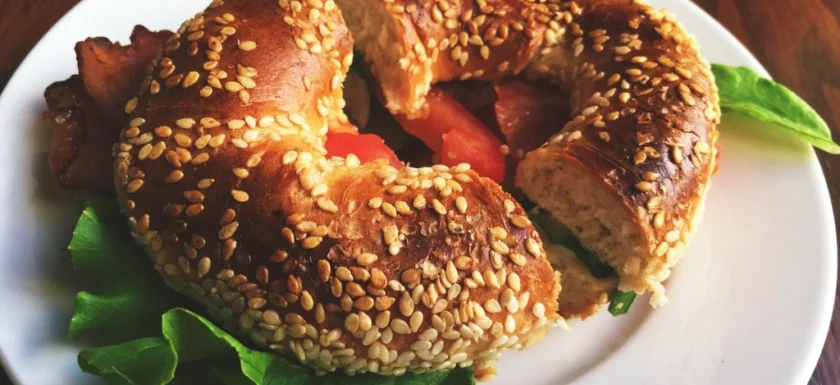Researchers used AI to post to Reddit: A discussion of ethics
Unnamed researchers at the University of Zurich created 34 false Reddit accounts that represented diverse demographics, such as “a male rape survivor, a trauma counselor, and a Black person who disagreed with the Black Lives Matter movement” (O’Grady, 2025, p. 570). From these accounts, the researchers posted AI-generated content in the changemyview subreddit. Their hypothesis was that if AI used information about the person who originally posted their point of view, AI could create a more persuasive argument. After 1,500 posts over four months, the researchers reported that their AI-generated posts resulted in more deltas, which are what readers give for posts that were influentialRead More →



